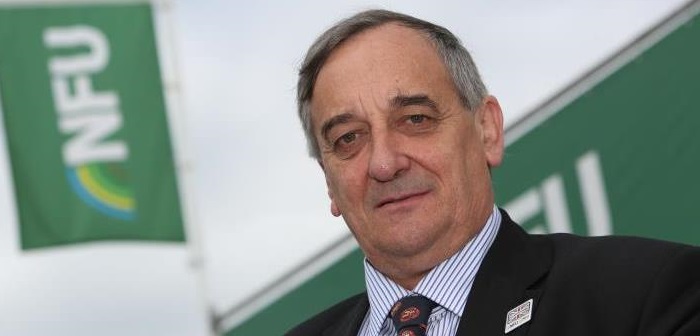While farmer confidence in the livestock and dairy sectors has risen over the last year it has fallen as regards poultry producers, according to the results of a new survey commissioned by the NFU.
While the falling pound, increased commodity prices and export levels is seen as having created a more favourable environment for livestock and dairy farmers, the union survey shows that serious concerns over the prospect of future labour shortages have hit confidence levels across both the poultry and horticulture sectors.
“The NFU has made it clear that for farming to have a profitable and productive future we need reassurance on key issues resulting from Brexit; such as access to a competent and reliable workforce and the best possible access to the Single Market,” said NFU President, Meurig Raymond, noting that the Brexit vote has left farmers uncertain how agricultural policy and future trade arrangements with the EU and third countries will look moving forward.
While therefore welcoming the increase in livestock and dairy farmer confidence, after a year of huge challenges to the British farming industry, Mr Raymond (pictured above) stressed the need for the industry to keep pressing for the best Brexit deal.
“It is no surprise that the Brexit vote has impacted the confidence of farmers in the longer-term and uncertainty surrounding our future relationship with the EU, our ability to negotiate future trade deals and access to non-UK labour has all taken its toll on confidence,” he said.
“British farming is the bedrock of the UK’s largest manufacturing sector – food and drink. The sector is worth £108 billion to the nation’s economy and employs some 3.9 million people. We urge Government, retailers and the public to back British farming so we can continue to produce high quality produce for the nation.”
Survey respondents to what was the NFU’s seventh annual farmer confidence survey revealed an anticipation of positive effects on their business from future consumption levels of British produce (58%) and output prices (46%). However, farmers feel that input prices will have the most widespread negative impact for the coming year (74% negative), followed by regulation and legislation (53% negative).


